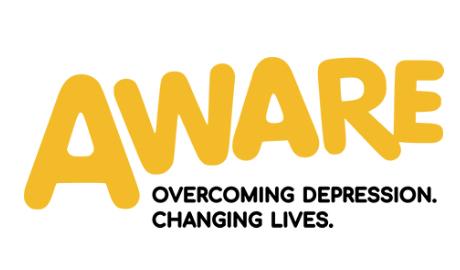Menopause and Your Mental Health
Mental Health / Women's HealthMenopause is the stage of life that marks the end of your menstrual cycles. It is influenced by the change in hormone levels and is diagnosed after you have gone 12 months without a menstrual period. It usually occurs between the ages of 45 and 55. Everyone’s experience with menopause is different. Most people begin developing menopause symptoms approximately four years before their last period. Symptoms will often continue until about four years after the last period.
Up to a third of cisgender women will experience severe menopausal symptoms that can impact their quality of life. Because menopausal symptoms are caused by oestrogen fluctuations, these symptoms can also affect transgender men and nonbinary people.
Menopause is a transition into a new stage of life. While it is a natural biological process, you’ll often experience various symptoms that affect your physical and emotional health.
How can menopause affect our mental health?
The most common symptoms of menopause are hot flushes, stress, anxiety, depressed mood, night sweats, trouble sleeping, and brain fog. These symptoms can negatively affect your quality of life, impacting your overall wellbeing, including physical, mental, and emotional health.
It is in work that menopausal people often report greater difficulty in managing symptoms and can feel embarrassed and unable to disclose their menopausal status, fearing they may be stigmatised for being menopausal.
What is Cognitive Behavioural Therapy (CBT)?
CBT is the most evidence-based talking therapy for people experiencing low mood, anxiety, or depression. The underlying principle is that our thoughts, feelings, and behaviours are connected. Finding ways to modify and change unhelpful thought patterns has a lasting effect on how we feel and behave.
CBT helps people develop practical ways of managing problems and provides new coping skills and useful strategies.
How can CBT concepts help with menopausal symptoms?
The way we think about anxiety and stress symptoms tends to affect how we feel and what we do, and these reactions can, in turn, increase the intensity of bodily responses.
As a result of these thoughts, you may feel hopeless, stressed, and anxious, affecting your ability to relax and go to sleep. You might decide to skip work or go in late (behaviour), reinforcing the thought that you cannot function your best when experiencing these symptoms.
Thoughts are extremely powerful, and often we are not aware of the negative automatic thoughts we are having. Becoming aware of these unhelpful thought patterns is the first step to improving your ability to cope with stressors in your life.
Here are some examples of changing ‘catastrophic’ thinking into calmer, more helpful thoughts;
- ‘I am awake in the middle of the night again; I won’t be able to function properly tomorrow.’ Try to address that thought with this more balanced rational thought, ‘This has happened before, so I know I can cope.’
- ‘I can’t cope with these hot flushes,’ replace with, ‘Let’s deal with one flush at a time.’
- ‘I am out of control,’ ‘There are things I can do to take control.’
Helpful Tips:
If you are feeling anxious or stressed, write down your thoughts, feelings, and behavioural reactions in a diary. Remember, anxious/stressful thoughts are not facts they are just your view of a situation. Ask yourself: What would a calm person think in this situation? What would I say to a close friend if they were in this situation?
Think about what you do that makes you feel calm; call a friend, go for a walk, practice yoga or read a book. Try to increase your level of exercise, even if it is just for a short time each day. Aim for a balance between rest and activity.
Breathing techniques will aid relaxation and calm down the body’s physical and emotional reactions. Watch your thoughts while doing this and try not to engage with them; return the focus of your attention to your breathing.
If you are struggling with low mood and depression, you might want to isolate yourself. However, isolation can worsen depression. If you are feeling down, get together with a friend, don’t cancel those plans, and engage in pleasant activities.
Change does not happen overnight, but you can start noticing improvements soon, so keep with it.
While CBT techniques will not eliminate hot flushes or night sweats, they can give you tools to help deal with the distress you experience and improve your ability to cope.








































































































































